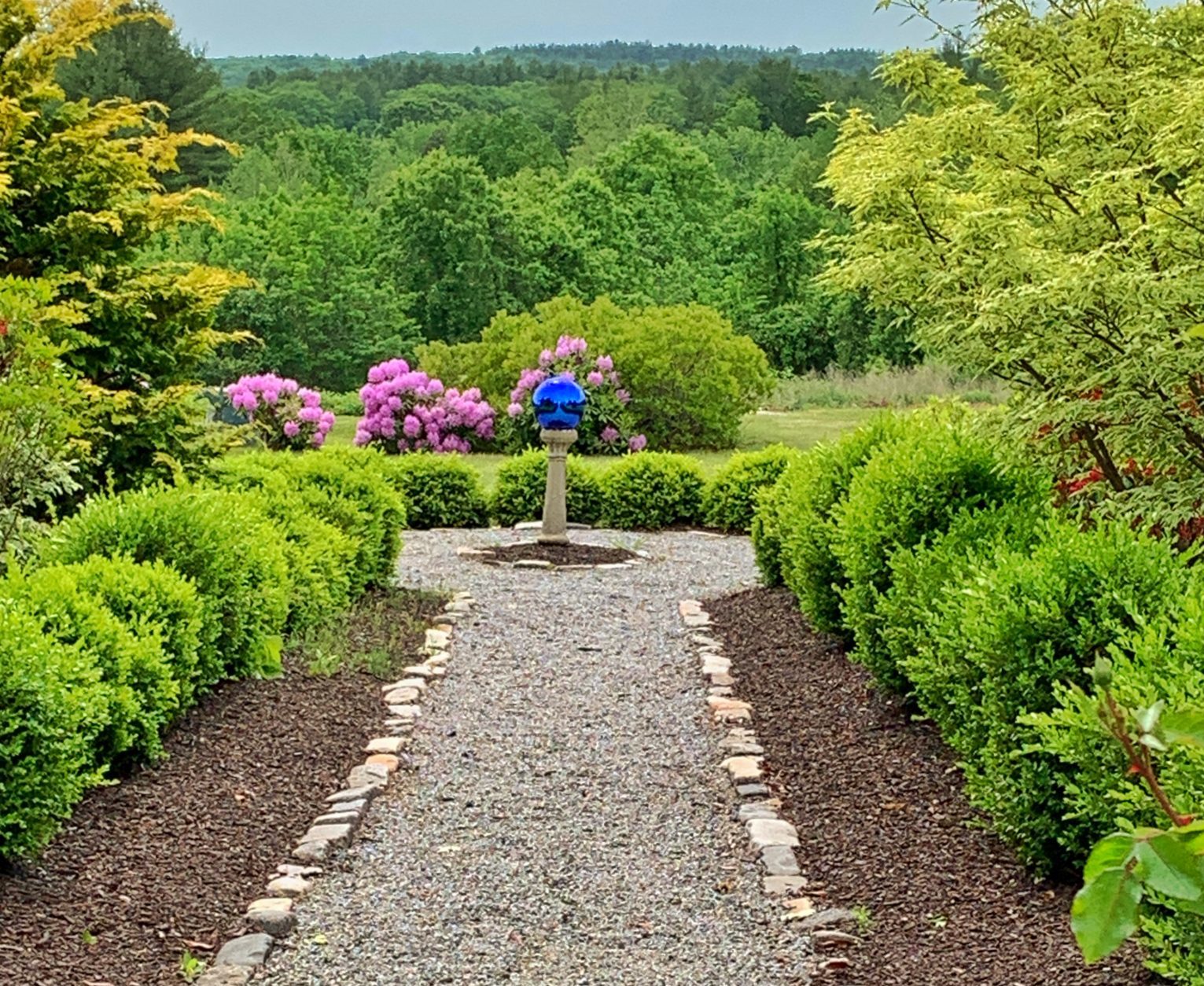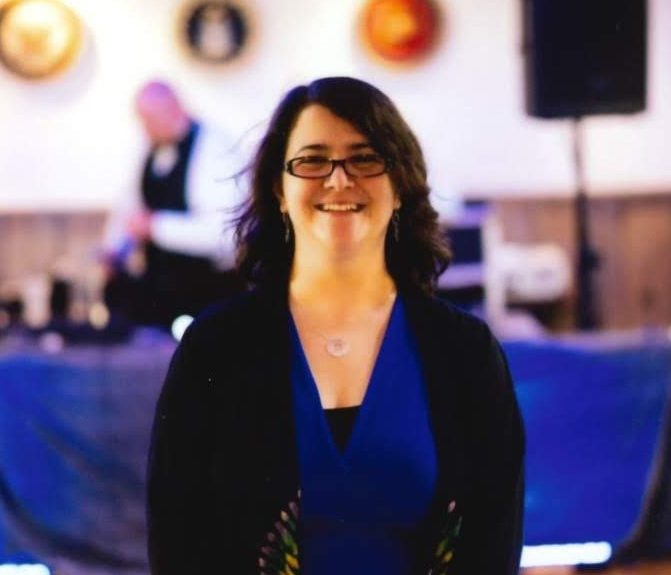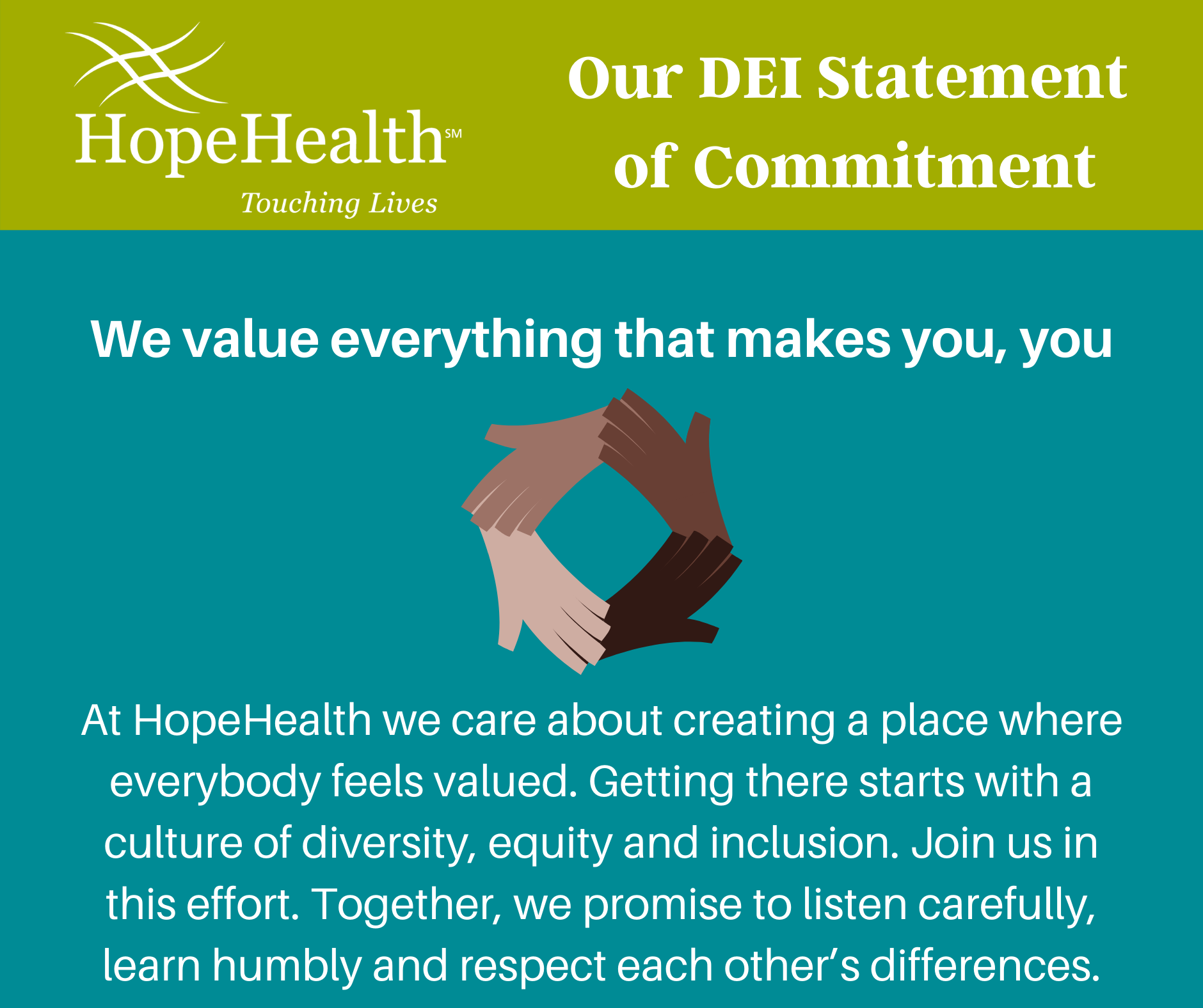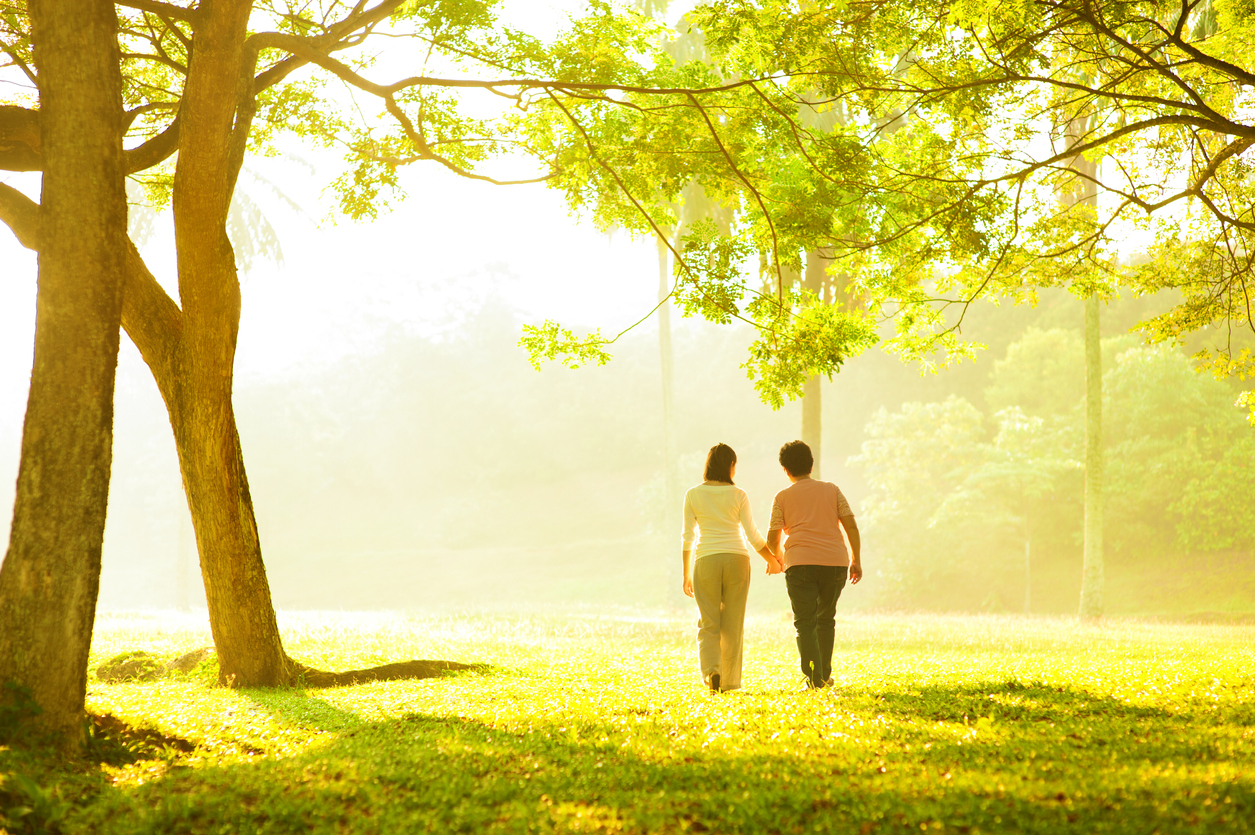The love story of Penelope and Lucy1 began with a chance encounter through an adult education course more than 30 years ago.
Both women had already lived full lives by the time they met — Penelope was in her 50s; Lucy, a decade older. Penelope was openly gay but expected nothing more than friendship from Lucy, who was recently widowed and had a son.
“We had a strong partnership,” Penelope recalls. “We were both very fortunate. She was an extraordinary person.”
Over time, Lucy realized her feelings for Penelope were romantic, and the two embarked on a remarkable third act of life together. Living as domestic partners, they entertained friends and family frequently, loved gardening and enjoyed taking drives through back country roads.

Penelope suffers a loss and then unexpected homophobia
Lucy developed Alzheimer’s disease in her 80s. Penelope lovingly cared for her night and day until she “ran out of gas” and Lucy had to move into a nursing home.
In 2020, the coronavirus pandemic struck. Although Lucy’s facility limited the length of visits to 30 minutes, the couple made every minute count. “It was the gentlest way of helping us prepare,” Penelope recalls. She says both women felt at peace when Lucy passed away.
However, Penelope was unprepared for what happened next.
Despite the women’s 30-year relationship, Penelope says she was not asked to participate in certain funeral rituals.
“Her son never accepted his mother was in a relationship with a woman,” Penelope says. She also learned that a financial provision Lucy made for Penelope was reversed before she died. Since the funeral, Lucy’s grandchildren have stopped inviting her to family celebrations.
“I was devastated. I thought I had a good relationship with them. My trust in all of them has been shattered,” Penelope says.

How grief and loss are different for the LGBTQ community
Penelope has been opening up about her loss in HopeHealth’s monthly LGBTQ grief support group. LGBTQ refers to people who identify as lesbian, gay, bisexual, transexual and/or queer or questioning.
The grief support group meets by Zoom and is free and available to the public, although pre-registration is required to ensure security and privacy.

The group facilitator is Ceceley Chambers, a HopeHealth chaplain and grief support expert with specialized training in caring for the LGBTQ community. Losing a loved one is difficult for anyone, Ceceley says, but the LGBTQ community faces additional barriers and stressors when working through grief.
First, many LGBTQ individuals have suffered trauma due to social prejudice or violence. Some older adults lived through the HIV/AIDS crisis that ravaged their community and stigmatized their relationships.
“There’s always a chance that further loss can trigger those complicated feelings of grief,” Ceceley explains.
A second barrier is isolation. Many LGBTQ individuals are estranged from their families of origin, or they may not have support in place to help them through a loved one’s end-of-life experience and the grief that follows.
While Penelope is grateful for her friends, she was shocked to get the cold shoulder from Lucy’s family. “I loved them and now I’m kind of shut out. It’s a particularly hurtful time to experience this ostracization,” she says sadly.
HopeHealth is committed to providing sensitive, informed and respectful care to all LGBTQ patients and families.
Finally, people in the LGBTQ community are more likely to distrust and not seek care from health care providers due to fear of judgment and discrimination. Some providers show explicit and implicit bias against gay men and lesbian women, according to one study.2
Providers, including grief support professionals, can build trust by receiving LGBTQ-specific training. A 2016 study of the bereavement experiences of LGBTQ people who lost a partner found:
“By integrating careful questioning about who is important to an individual into routine practice, avoiding assumptions of heterosexuality, and not being afraid to ask sensitively about identity, clinicians can be enabled to deliver holistic individually centered care.” 3
HopeHealth is committed to providing sensitive, informed and respectful care to all LGBTQ patients and families. The entire leadership team has completed SAGECare training, a cultural competency program for providers who work with LGBTQ elders, and 100 percent of staff will be trained by August 2021.
According to a SAGEcare survey, 9 out of 10 LGBTQ people feared discrimination if health care providers knew their sexual orientation or gender identity.
Ceceley’s training has taught her to ask questions that signal support and inclusiveness, such as “Who is your support system?” rather than “Do you have a husband and kids?” She also asks about preferred pronouns to show respect for gender identity.

HopeHealth’s LGBTQ grief support group is free, virtual and open to the public
LGBTQ-friendly grief support groups offer a confidential and supportive setting for people experiencing grief related to loss. Anyone can attend HopeHealth’s group at no charge, regardless of whether they lost a loved one in HopeHealth hospice care.
“It’s nice to be in a group where you don’t have to worry that others will feel uncomfortable by your relationship. Simply having that space is really important in this community,” Ceceley says.
Finding others with shared experiences is another plus. Penelope says it helped immensely to learn in group that her strife with Lucy’s family is not an uncommon situation. “The grief support people help with their competence and dignity and support. I tell others to just give them a call,” she says emphatically.
Ceceley encourages LGBTQ community members of any age or location to give the virtual support group a try. “Just know that we love you. We see you. We are here for you,” she adds.
HopeHealth’s LGBTQ grief support group meets every fourth Monday of the month from 5:30 to 7:00 p.m ET by Zoom. You must pre-register to receive the online meeting password. Email CenterforHopeandHealing@HopeHealthCo.org.
Are you struggling to cope with grief and loss? Find a virtual grief support group or reach out at (888) 528-9077 or CenterforHopeandHealing@HopeHealthCo.org.
Source List:
1 Names changed to protect privacy.
2 Source: Health Care Providers’ Implicit and Explicit Attitudes Toward Lesbian Women and Gay Men. Janice A. Sabin, Rachel G. Riskind, Brian A. Nosek. Am J Public Health. 2015 Sep; 105(9): 1831–1841.
3 Source: Bristowe K, Marshall S, Harding R. The bereavement experiences of lesbian, gay, bisexual and/or trans* people who have lost a partner: A systematic review, thematic synthesis and modelling of the literature. Palliat Med. 2016;30(8):730-744.

